takasuu/Getty Images
|
The brand new initiative is designed to get students and educators thinking about how artificial intelligence can be used to solve real-world problems in their communities.
When I was a kid, the Presidential Fitness Test was still a pretty big national program. Started in the 1950s, it was still going strong when I was in elementary school, with huge movie stars like Arnold Schwarzenegger doing public service announcements to get kids like me fired up for the challenges. It was supposed to be a fun way to test your physical ability, but, in my case, it was mostly a test of patience. I could manage one pull-up, but only if I jumped up to the bar first and the gym teacher was feeling generous with the rules. For the rope climb, I got about a foot off the ground and then just hung there fighting rope burn until gravity reminded me who was in charge.
President Donald Trump recently signed an executive order to bring the test, which was retired in 2013, back into schools to torture, er, train a new generation of kids how to run, jump and perform other physical activities. All joking aside, physical fitness is important, but I think the announcement of another program will excite kids a lot more: The Presidential AI Challenge.
The brand new initiative, which is sponsored by the Department of Energy’s Office of Science, is designed to get students and educators thinking about how artificial intelligence can be used to solve real-world problems in their communities. Registration is now open, and anyone in the country can participate. Students are encouraged to form small groups, pick a problem they see around them, and either propose how AI could help address it or actually build an AI-powered solution using tools that are already widely available online.
Educators have their own track too. Teachers can either design new ways to introduce AI concepts in the classroom or create AI-based tools that make learning more engaging. In both cases, the idea is the same: show how AI can be used not just as a buzzword, but as a meaningful way to solve problems and improve people’s lives.
DOE calls the challenge “a way to inspire young people and educators to create AI-based innovative solutions to community challenges while fostering AI interest and competency.” And timing-wise, it’s no accident that the contest coincides with the upcoming 250th anniversary of American independence. Organizers say they want the challenge to be part of a broader national reflection on innovation, resilience and what the next 250 years could look like.
The project also offers a volunteer component. Industry professionals, researchers and technologists can sign up to serve as mentors, helping student teams think through their ideas and refine their solutions. That means the challenge isn’t just about kids learning AI basics in isolation, but about connecting classrooms to the broader AI ecosystem that is constantly reshaping everything from healthcare to transportation to cybersecurity.
The new challenge comes at a time when AI is becoming increasingly important, and yet, most kids say they are not learning enough about it in schools. A recent study from Junior Achievement USA found that, while an overwhelming majority of American students were interested in AI, 64% said that they were not learning anything about it in school. Worldwide the issue is even worse, with 40% of the 300,000 students surveyed by UNICEF saying that they had very little understanding or exposure to AI technologies.
Program organizers say they hope that the challenge can demystify the technology and turn it into something tangible, creative and accessible. And for educators, it’s a rare chance to experiment with AI tools in a supported, community-driven environment instead of trying to figure it all out alone.
First Lady Melania Trump, who is acting as the spokesperson for the challenge, likened AI to other national programs that helped cement our country’s leadership in the world.
“Just as America once led the world into the skies, we are poised to lead again, this time in the age of AI,” she said in a video announcing the challenge. “The President’s National Artificial Intelligence Challenge invites every student from kindergarten to 12th grade to unleash their imagination and showcase the spirit of American innovation.”
If there had been a Presidential AI Challenge back when I was a kid, I would have been all in. No rope burns, no pushups and no stopwatch. Just imagination, problem-solving and maybe some clever coding. I certainly can’t claim that The Presidential Fitness Challenge made me an athlete, but maybe the new Presidential AI Challenge will help encourage some of today’s students to become tomorrow’s innovators. And if they can climb the rope of AI technology without getting stuck hanging a foot off the ground, then maybe we’ll all be better off for it.
